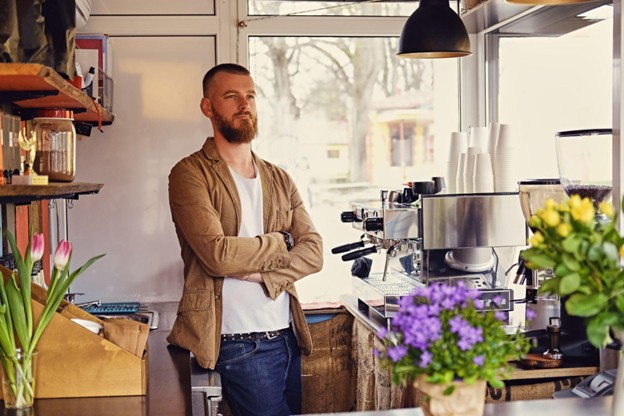Starting a Small Business in Your Area: What to Know
By Ethel Lair
Starting a business where you live is personal. It’s not just about launching something—it’s about becoming part of something. When you build a business inside your own community, you’re not just chasing success. You’re stepping into a conversation that already exists: what people need, what they trust, and what they’re willing to support. That means you have to do more than hustle. You have to root yourself in real needs, speak the local language, and move with purpose. The steps aren’t just checkboxes—they’re commitments to being visible, useful, and here to stay.
Start with a Real Plan
You don’t wing it. Not here. If you want your business to stick, you need a written plan that cuts through your own hype and says, “Here’s what this actually is.” Not a pitch deck. Not a dreamy brainstorm. A real plan. Something that defines who you’re serving, how you’re going to reach them, and what happens if things don’t go exactly right. Writing this doesn’t mean your plan won’t change—it means you’ll have something worth adapting when it does. And if you think you’re too early to write a plan, you’re already behind.
Handle the Legal Setup
Forming your business legally isn’t just red tape—it’s armor. Choose a structure that fits your risk tolerance and growth intent. Sole prop, LLC, S corp—don’t guess. Each comes with different responsibilities and protections. Once you decide, register it. Claim your business name so no one else does. Then get your EIN, set up your legal presence, and be done with it. When you’re official, you’re not just protected—you’re positioned to grow without tripping over your own paperwork.
Anchor Yourself Locally
Starting a business in your community means playing by local rules. That could mean zoning laws, signage ordinances, or a weird permitting process no one tells you about until it’s too late. Find out early. Hit up your city’s small business office. Talk to someone at your local chamber. Join the Facebook group your town actually pays attention to. Don’t launch blind and then scramble to fix what you didn’t check. The people who last here didn’t ignore the rules—they got close to them.
Boost Your Business Acumen with an Online Degree
If you’re starting a business, boosting your knowledge of operations, leadership, and project management can be a smart move. One way to do that is by pursuing a bachelor in business, which builds essential skills to help you lead with confidence. A business management degree gives you practical tools to run your company more effectively. Earning your degree online offers the flexibility to learn while you build, without pausing your progress.
Dial In Your Financials
You’re not a real business until your money is separated. That starts with a business bank account. Don’t use your personal checking and hope it works out. Clean books = clean decisions. Set up accounting software or hire someone local who understands your industry. If you need funding, don’t just look at loans—check with local CDFIs, community banks, or microgrant programs that want small businesses to win.
Build Trust & Presence
People can’t support your business if they don’t know you exist. Claim your Google Business profile. Lock down your Instagram handle before someone else does. Get a domain name that makes sense and doesn’t sound like a startup joke. Post photos. Talk like a human. Most importantly, show up where your customers already are—offline and online. If you want traction fast, increase visibility before worrying about getting “followers.”
Stay Out of Your Own Way
Most businesses don’t fail because the idea sucked—they fail because the founder ignored something obvious. Like: people didn’t want it. Or: they ran out of money. Or: they kept perfecting instead of launching. Don’t let your ego write checks your product can’t cash. Test early. Ship scrappy. Listen when your community gives you feedback you didn’t ask for. You’re not building for yourself—you’re building for people who don’t know you yet. Respect their attention and don’t waste their trust.
You don’t just start a business. You enter a neighborhood. Whether it’s a literal street or a local platform, you’re choosing to exist somewhere people already live. That means every step—from planning to presence—should feel like a step into something real. You can’t fake being local. You earn it by getting the boring stuff right, showing up consistently, and solving actual problems your neighbors care about. That’s what makes a business stick. Not ads. Not hype. Trust. And trust starts when you do the work people don’t see but feel anyway.
Discover the heart of Northern Virginia—subscribe now to The NoVa Living and never miss a story about the people, places, and events that make our community shine.



